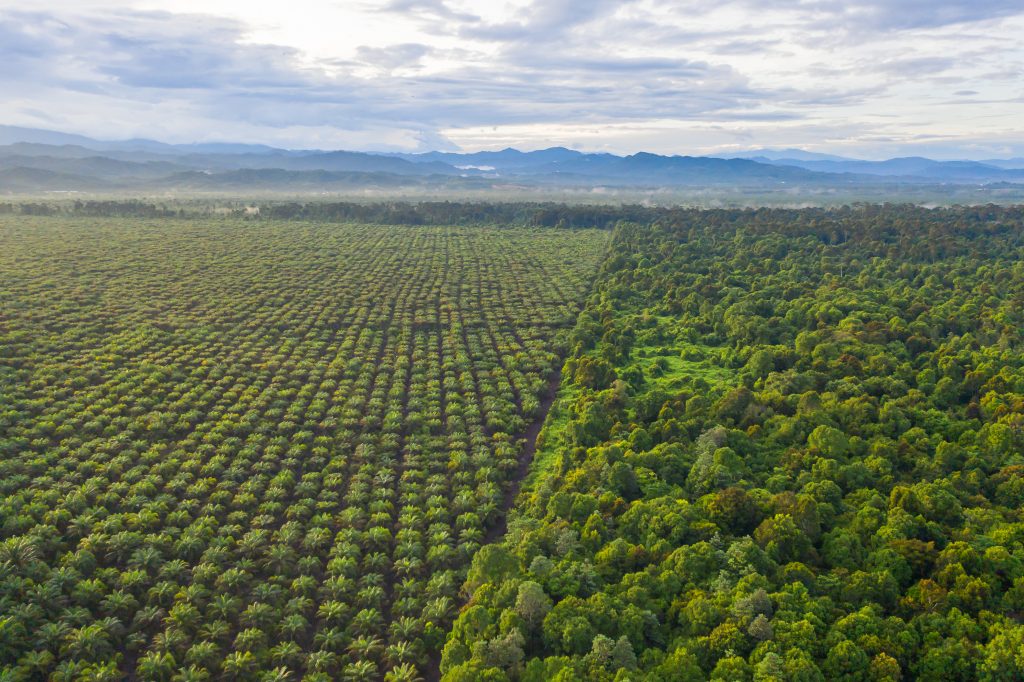Is your company impacted by EU:s new Deforestation Regulation (EUDR)?
Is your company importing wooden products such as logs, lumber, plywood, pulp, paper, furniture etc. to an EU country? Or are you harvesting trees inside the EU? If so, are you aware of the new EU Deforestation Regulation (EUDR) and what impact it will have on your business in the future?
From EUTR to EUDR
The EU Timber Regulation (EUTR) was enforced approximately 10 years ago. The focus of the EUTR was, and is, to stop the spread of illegally harvested timber on the EU market. The Timber regulation applies to wood-based products of EU origin, as well as those that are imported to the EU. The new EUDR, that comes into force by the end of 2025, has a broader scope as well as stricter due diligence requirements.

What is EUDR?
The new EUDR significantly raises the requirements compared to the EUTR. While the old EUTR is focusing on compliance with local legislation, the new EUDR also covers legal deforestation. In other words, it is no longer enough that the wood is legally harvested, the importer/producer must also be able to prove that the logging operation did not result in deforestation.
The EUDR also put stricter requirements on the traceability of the wood raw material through the whole supply chain. Knowing the origin of all wood raw material is crucial for ensuring that it is “deforestation free”, which means that the so called operator must have access to information about the geolocation of all plots of land where the wood was harvested.
For products such as plywood, pulp and paper this means that the importer/producer needs to ensure that all plots of land involved in a shipment are identified and that the wood used in the product are not mixed at any step of the process with wood of unknown origin or from deforested areas. No wood of unknown origin and/or from deforested areas may be used. Companies that violate the EUDR requirement can get fines up to 4% of the company’s turnover.
How do I know if our operations are impacted by the EUDR requirements?
The following types of companies are classified as ‘operators’ and are fully responsible for ensuring that the wood raw material is traceable to the place of harvest (plot of land) and that the harvesting did not cause deforestation or forest degradation.
- Companies that import products containing wood raw material into the EU (the EUDR also covers products containing cocoa, coffee, palm oil, soya and meat/leather from cattle).
- EU forest owners and logging companies that harvest and sell roundwood.
- Large companies trading in products containing wood raw materials.
- Companies that manufacture products containing wood raw materials (simplified requirements applies to SMEs).
How can Alcea help your company?
- Customised training on the new EUDR requirements.
- If you already have tools and systems in place for the traceability of your wood-based products, we can evaluate these and, if necessary, help you develop them to fulfil the EUDR requirements.
- If the traceability requirements are completely new to you, we can help you develop a tailor-made Due Diligence system that is adapted to your company and its operations.
- If necessary, we can help you find new suppliers if your existing supply chains are unable to fulfil the requirements of the EUDR.
Let us help you!
Please contact us if you have any questions, would like more information about us and our services, or would like us to make you an offer.


